Veganuary. Dry January. Wet January (?) However you Januaried, we hope this email finds you facing in the right direction for the rest of 2022.
January is a big time for behaviour change, but if you didn't achieve every resolution, don’t feel bad! Stick by your goals, there's plenty of 2022 left, and did you know that if you set a New Year’s resolution, you're 10x more likely to succeed at it than someone with similar goals who didn’t?
Buckle in as we share 4 key behavioural insights that inform how we can approach and activate positive societal change in 2022:
1) Forget debunking. Pre-bunking is the way forward.
In the run-up to Christmas, Sander van der Linden’s article encouraged readers to “psychologically inoculate” family members against Covid-19 misinformation. The professor of social psychology advises how to effectively pre-bunk Covid-19 myths and why a proactive conversation is crucial.
“Debunking is often not as effective as pre-bunking because misinformation continues to linger in our brains even when corrected. Have you ever tried to unring a bell?”
Sander van der Linden explains that helping people uncover the techniques of misinformation on their own, rather than force-feeding facts and evidence, is a more effective strategy.
How could communication strategies creatively ‘nudge’ people towards making their own accurate conclusions, rather than relying on others to persuade them?
2) Nudge (Don’t shove)
Which brings us nicely to personalised nudge theory.
Things are getting more and more personal. Algorithms allow our online behaviour to ‘teach’ platforms what we want to consume. It effectively creates an echo chamber to suit us, bellowing back exactly what we hoped to hear. This is bad news for awareness and acceptance of shared worldviews, laws and social experiences.
But it might be good news for individuals…
With more specific data available about personal behaviour, beliefs and interests, we can learn what type of ‘nudge’ will be most effective to elicit behavioural change.
It’s no longer relevant to ask “what will work” rather, we need to consider, “what will work for whom”. Stuart Mills, LSE Fellow in Behavioural Science, writes about it here
3) 1/3 of us are pre-dispositioned authoritarians.
That’s right. A survey of over 11,000 Europeans found that over one third of the population are thought to be inherently authoritarian. Karen Stenner, in her 2020 essay describes how it’s the dislike of complexity and uncertainty that activates an authoritarian outlook: “If my heart yearns for conformity and consensus, I must allow the authority (coercion, constraint) needed to achieve this.”
Why should we examine how to engage with this group?
i) It’s 33% of the population
ii) Stenner points out: “authoritarians are the zealous ‘boosters’ of the collective… right up until the moment they’re not”
The desire for sameness and one-ness is at the heart of this mentality:
“We have to provide authoritarians the assistance they require to live in peace and comfort with the rest of us. […] In every domain of life – social, political and economic – people actually need less information, fewer choices, and greater support to make decisions that are in their interest”
Noise and overwhelming choice are the enemy of comfortable clarity for those pre-dispositioned with an authoritarian outlook (whether they know it or not).
4) Beware of the overlooked cousin of bias, noise.
And that brings us seamlessly to the final point.
For a long time we’ve engaged in conversation about bias and how to tackle it. But there’s another villain out that derails consistent and accurate thinking: noise.
The concept is explored in ‘Noise: A Flaw in Human Judgment’ (2021), co-authored by Cass Sunstein, Daniel Kahneman (Nobel Prize-winning author of ‘Thinking, Fast and Slow’) and Olivier Sibony.
Noise is the overlooked cousin of bias. Whereas bias systematically pulls judgments in one direction, with noise, judgments that should be consistent aren’t, and they are unpredictable too.
In a noisy system, there will be wide variations in judicial sentences, insurance decisions and medical treatment, which could be unfair, costly or even fatal. The book proposes ways to measure noise and to limit it. Watch more here.
So, let’s remember noise when we look at behaviour change. Once we understand inconsistencies in thinking we can better understand how to reveal them to people.
Key takeaways to drive behaviour change:
Proactively ‘teaching’ people how to identify misinformation is more effective than correcting it. Think about what the key misconceptions are in your industry and try to ‘pre-bunk’ them.
Personalised nudging allows us to consider “what works for whom”, sharpening the likelihood of change in behaviour. Strategic thinking around your audience segmentation is key.
For 1/3 of people that have an authoritarian predisposition we can communicate more effectively with this group by reducing the overwhelm of choice and information. Remember to keep your communication focussed and direct to overcome this key bias.
Noise is another family of error to consider in audiences we want to elicit change from. Again, truly understanding your audience insights and tailoring your communication to that audience is crucial.
As ever, if you’d like to talk more about how this applies to you, or you just want a sympathetic ear over a coffee, we’d love to! You can email us on newbusiness@23red.com or reach out to any one of us. Behaviour Change is in our DNA and we’re proud to be at the forefront of the field for over 20 years.

